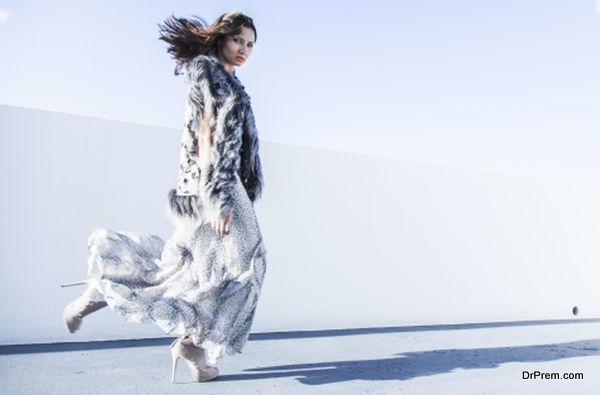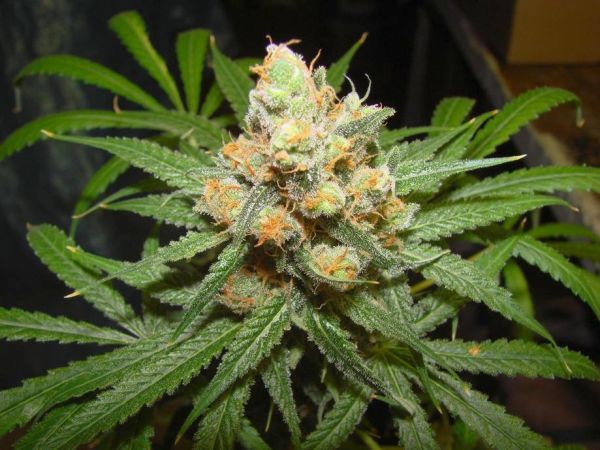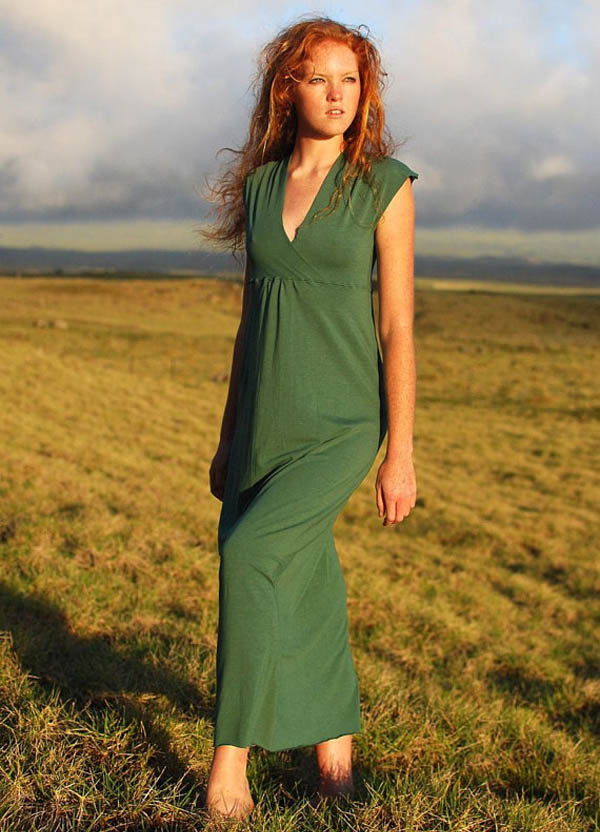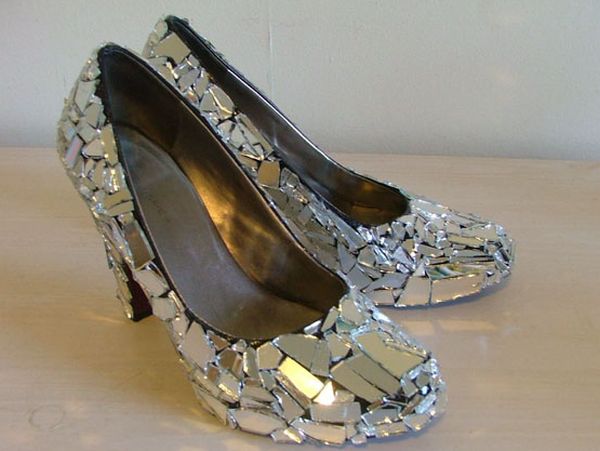When it comes to clothing and other linens, look no further . These are the top eco-friendly textiles in the current time.
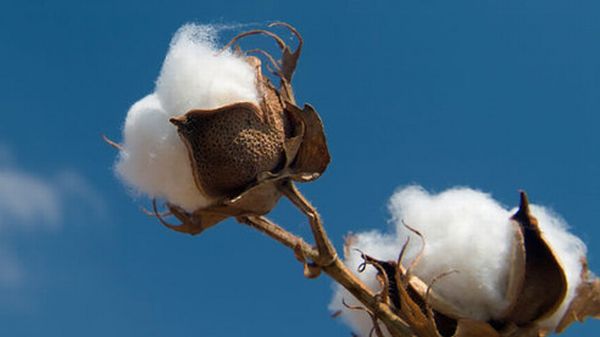
Organic Cotton
The best textile for casualwear and the most popular textile product in the world is cotton. It is the most valuable non-food agricultural product, but due to the history of unethical labour practices, extremely hazardous chemical inputs and devastating water misuse, it has been coined as the world’s “dirtiest” crop.
Eco-friendly brands can guarantee ethical labour practises and improve the quality of the environment. The vast majority of their products are made from certified organic cotton. Furthermore, new product lines are being introduced that contain organic-in-conversion cotton, thus helping conventional cotton farmers in the crucial period of transition to organic agriculture.
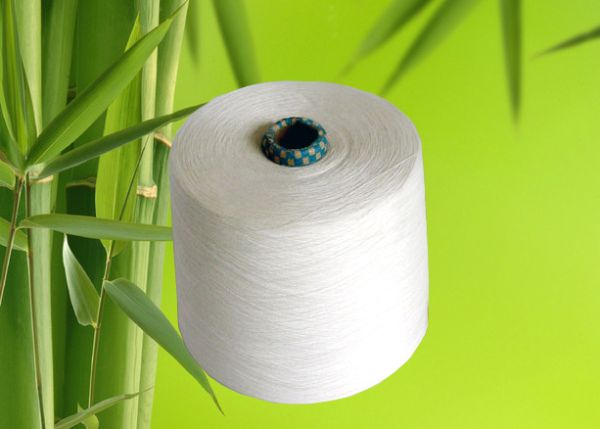
Bamboo Viscose
As soft as silk, half the price and fast-growing without water, pesticides or fertilisers, Bamboo textiles have lots of prospective as a sustainable textile, not to mention the softness and kind-to-skin properties that make them feel wonderful: Bamboo clothing can be breathable, naturally anti-bacterial and hypoallergenic.
It’s one of earth’s most sustainable resources, but as a textile there’s a difference between the sustainability of Bamboo as a crop, and the sustainability of the way it is processed.
Hemp
Hemp is one of the most environmentally friendly and versatile natural textile plants on Earth. Hemp is extremely strong, requires no herbicides as it grows so fast that weeds can’t compete. It requires no pesticides as it is inedible to insects, and needs very little water to grow. It is UV protective and anti-bacterial. You can use it for rope, bags, clothes, hats, insulation, and plasterboard, almost anything. Hemp is a bit of a legend, a tough, rugged fibre and quite probably the most sustainable textile fabric there is.
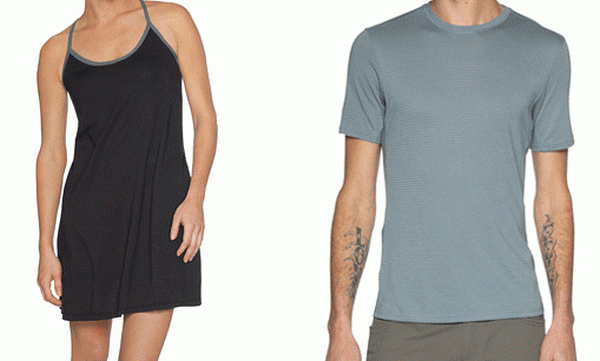
Eucalyptus Tencel
Tencel Lyocell, to give it its full name, is produced exclusively from the wood pulp of Eucalyptus trees certified by the Forestry Stewardship Council (FSC), and the fibre carries the Pan-European Forest Council (PEFC) quality seal. Eucalyptus is woody and therefore needs energy input to alter it into a soft fibre, suitable for clothing.
The Eucalyptus is reduced down then reformed into a spin-able fibre. This is done in a process with related principles as other semi-synthetic natural fibres, such as Viscous bamboo fabric, but significantly the Lyocell process used to make Eucalyptus is much more benevolent and eco-friendly. It is one of the most environmentally friendly man made cellulosic fibre available today.

Recycled PET
Recycled polyester clothing is potentially an incredibly sustainable material. A plastic bottle could be recycled to make an item of clothing, which could be recycled to make a plastic bottle, and so on – forever. However, few facilities exist to do this, the transport distance between the user and the recycler is often huge and the appropriateness of recycled PET as a next-to-skin textile is not as soft or breathable as natural fabrics.
C2C sustainability is a valuable concept and recycled PET must form part of the solution – like buttons and zips and for garments that require a hard wearing finish that natural textiles cannot provide, such as caps, surf shorts and rain jackets.


